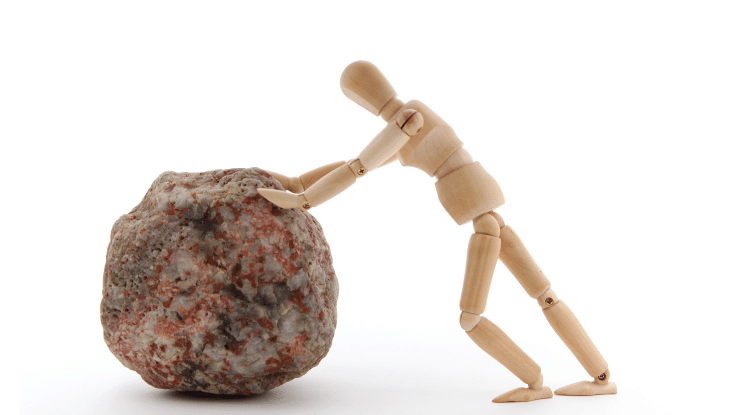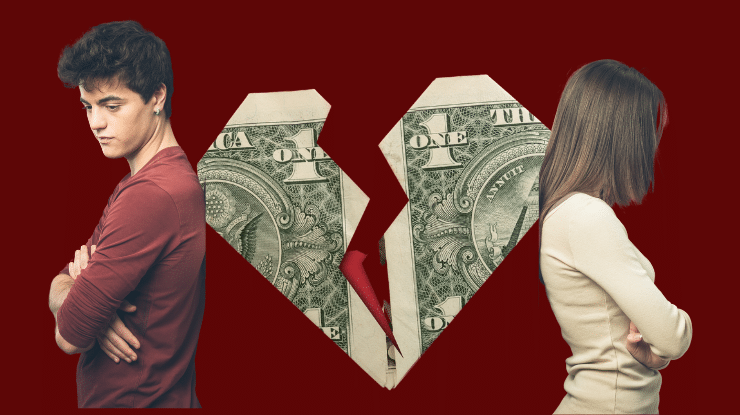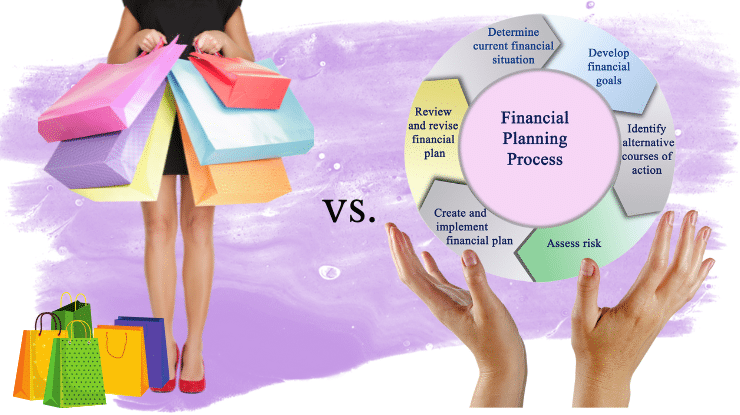Once upon a time, a very wise King decided to put a massive boulder in the middle of the road.
Everyone who walked by simply went around it. No one attempted to move it.
One day a poor peasant, carrying a load of vegetables, was walking down the road when he came upon the boulder. He put down his load, walked over to the giant rock and tried to push it aside.
It wouldn’t budge. He strained and struggled until finally it moved a bit. He kept at it until, slowly, he was able to shove it out of the way.











